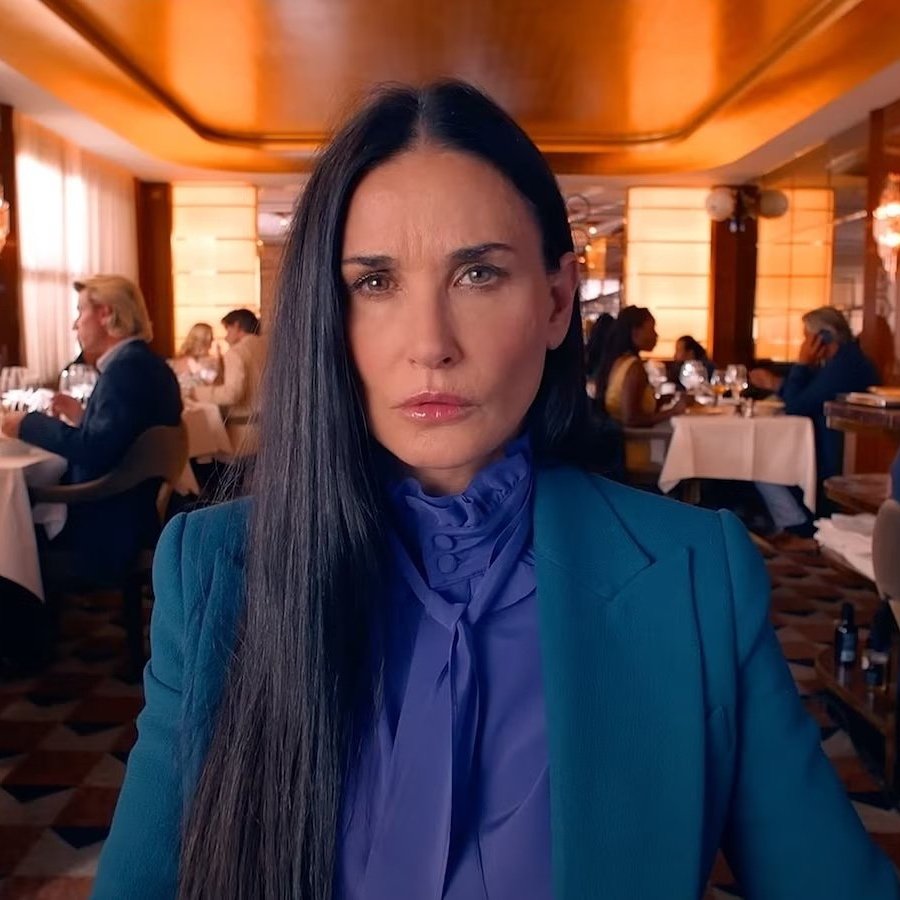When You Try Your Best But You Don’t Succeed: Shtisel Season 3 Review
Reviewing Season 3 of Shtisel brings back memories, since the series was the very first thing I wrote about for The Moviegoer! At the time of my initial review, Shtisel was one of my favorite shows. It had the cultural intrigue of Hasidic Jews without the sensationalism that usually characterizes other shows about these ultra-Orthodox communities. Instead of exoticizing the Hasidic community, the series sought to familiarize the audience with it by telling raw, human stories that touch on universal experiences.
Since its humble beginnings, Shtisel has gone from a small-scale Israeli show to a transatlantic production and worldwide phenomenon. This is evident in the opening of season 3 episode 1: the show is now presented as “Shtisel, a Netflix original series”. And though the new season boasts spectacular cinematography and the highest caliber of acting, it ultimately fails to maintain its authentic, realistic feel. It veers into the sensational and overdramatized, and furthermore, it conveys troublesome messages about grief, fertility, and other issues.
First, I must give the season credit where it is due. Cinematographer Roey Roth outdoes himself with creative, object-oriented shots. A meeting scene begins with a close-up of a coffee mug being heated up in the microwave. A close-up of tools pulls back to reveal the protagonist building a crib for his daughter in a house that isn’t his own. Starting scenes with shots of objects increases the mystery in the narrative. You never know which characters you are going to see next.
The characters themselves are still the ones that we know and love, played by the same brilliant actors. Michael Aloni brings back the wandering spirit of Kive, ever-increased by the character’s loss of his wife. Shira Haas returns as Ruchami, who, always bearing the burden of her family, now struggles with her own fertility issues. Dov Glickman brings a stunning performance as the patriarch Shulem - still just as authoritarian, and still hurting deeply under all of his machismo. Above all, I was moved by Zohar Shtrauss in his portrayal of Lippe, who, contrary to earlier seasons, finally arouses the audience’s pity. Strauss’s storyline also provides comic relief to the season: he caters food on a television set that uses secular actors to film a story about Hasidic Jews - sound familiar?
Yet these positives were not enough to pull the season out of the sensationalized trap it fell into. Season 3 is not the story of real people managing real-life issues. It is the romanticized story of a Hasidic boy falling madly in love with a girl he just met and cannot have (not to mention the fact that love is a “forbidden” emotion in this typefied Hasidic world.) It is the story of a girl with a health problem that makes it dangerous and life threatening for her to get pregnant. Yet, eternally defiant, she gets pregnant anyway - and despite medical improbability, delivers a healthy baby. It is the story of someone marrying a total stranger to fool the authorities, and somehow falling in love with her and staying in the marriage. Throughout it all, there are tears, screams, slamming doors, and increased drama at every possible turn. And suddenly, Shtisel goes from resonating with its audience to being nothing more than a spectacle.
Not only that, but in its sensationalism, season 3 of Shtisel conveys problematic messages about a variety of issues. First, of course, is Ruchami’s childbirth story. The fact that she gets pregnant against the advice of not only her doctor, but also her rabbi, glorifies the idea of self harm and of risking your own life. The problem is only exacerbated by Ruchami’s eventual successful delivery. Not only does she risk her life, but she gets away with it in an act of pure medical marvel. Granted, I am sure there are real-life stories where people have children against all odds. Still, encouraging irresponsible health decisions via Ruchami’s successful pregnancy was something that worried me deeply. I also kept imagining those who, for no fault or decision-making of their own, have had unsuccessful or traumatic pregnancies. For people who have suffered such events, I cannot imagine the pain that comes with watching someone make an irresponsible decision, risk their life, and still have their healthy child at the end.
Similarly troublesome is the way that grief is dealt with in the season. We quickly find out that Kive’s cousin-turned-wife, Libbi, has died, as has his aunt. This leaves him and his uncle, Nochum, in a deep state of grief. In a powerful scene, Uncle Nochum tries to jump from the balcony and is saved at the last second by his brother. Yet after that climactic moment, we never see a discussion of whether or not Nochum should find help. This is certainly not due to the fact that mental health is a taboo topic in Hasidic communities, since the season discusses it through the subplot of a marginal character. Yet in this foundational storyline, it goes completely neglected. To me, it seemed like a missed opportunity to engage with this subject.
Towards the end of the season, when Kive chooses to spend his life with someone new, he goes to his deceased wife’s grave and says “I won’t be visiting much anymore, and I would also appreciate it if you visited me less (in his dreams and visions).” This, too, felt insensitive. According to the timeline of the show, Kive is only a year past his tremendous loss. By cutting his deceased wife out of his life, the show presents a simplistic and unrealistic portrayal of grief. Particularly during a pandemic, when countless people are grieving the loss of loved ones, this was an unsettling message.
Thus, I find myself struggling as a reviewer. On a technical level, Season 3 of Shtisel has every ingredient for success - beautiful cinematography, talented actors, and an already-established world that audiences are excited to jump back into. Yet on a narrative level, it fails in every important way. And what good are technical elements if the storylines fall short?
It’s still unclear whether or not there will be a Season 4 of Shtisel, but after this disappointing season, I am not sure I will want to watch more. There may still be a chance that the show can return to its roots and the original elements that I loved. But without them, what remains is tremendously disappointing.
Shtisel is now streaming on Netflix.
Popular Reviews








